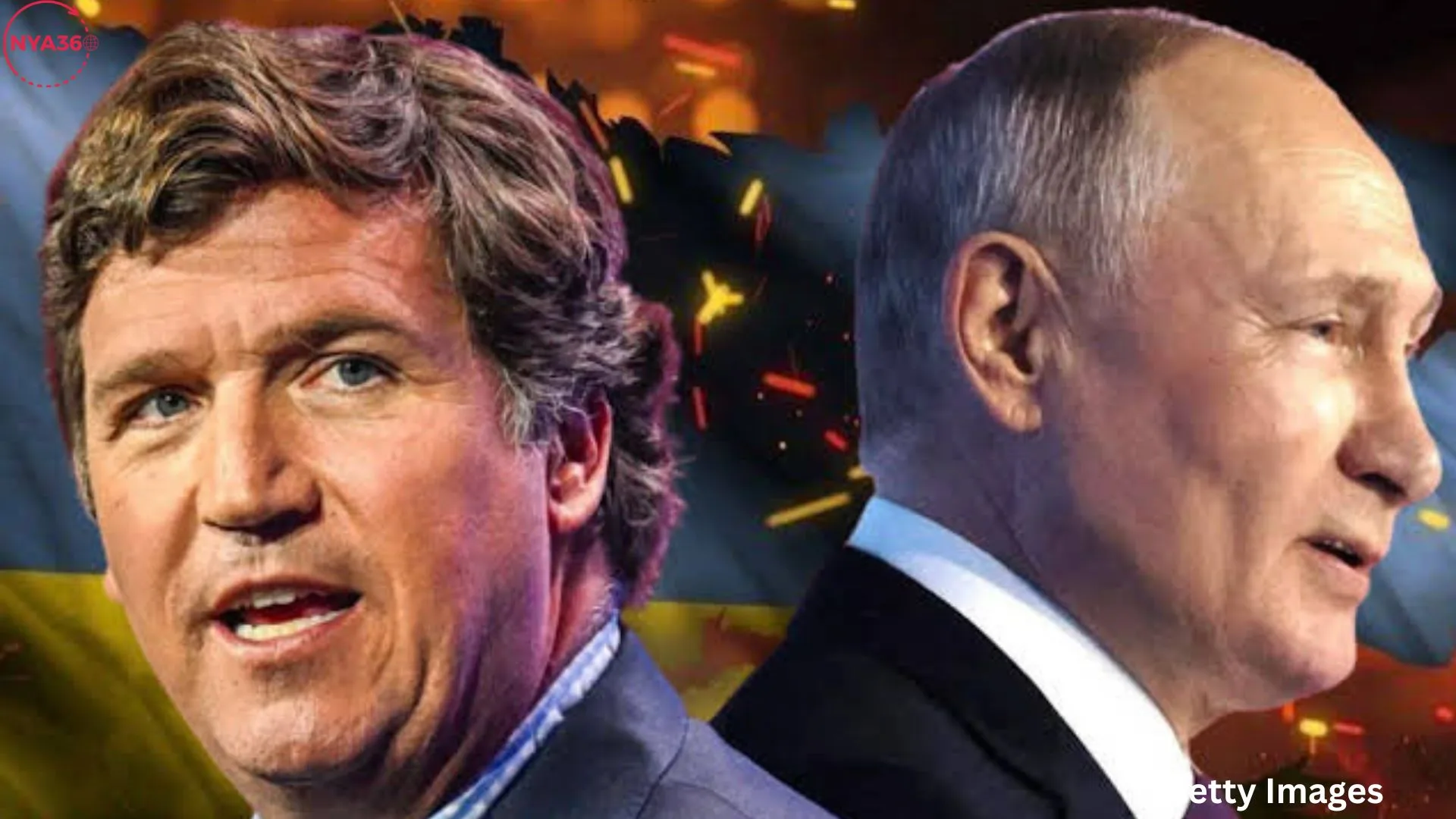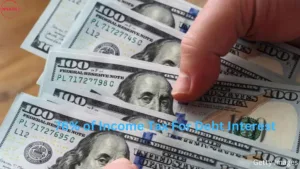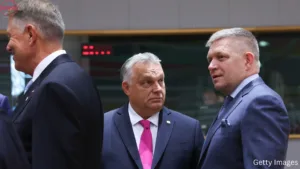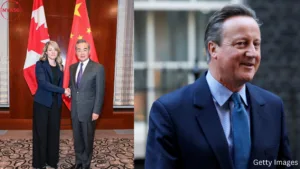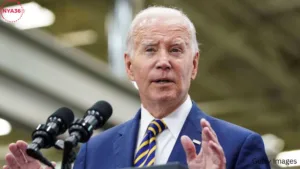The European Union (EU) is deliberating the imposition of penalties on Tucker Carlson, a popular American television host, in response to his recent interview with Russian President Vladimir Putin, a decision that has generated controversy and debate. The interview, broadcasted on Carlson’s News program, has elicited strong condemnation from EU leaders who saw it as a means of amplifying Putin’s propaganda and subverting endeavors to hold Russia responsible for its activities in the international arena.
Carlson interviewed in Moscow, discussing several subjects such as Russia’s military interventions in Ukraine, its relations with the United States, and the ongoing Syrian conflict. Nevertheless, EU officials have expressed their displeasure at Carlson’s apparent leniency and failure to conduct a thorough questioning of Putin.
Josep Borrell, the European Union’s coordinator of foreign policy, criticized Carlson’s interview as a deliberate effort to sanitize Putin’s autocratic government and minimize Russia’s violations of human rights and its hostile conduct towards neighboring countries. Borrell underscored the significance of ensuring that individuals who facilitate a medium for authoritarian authorities to disseminate their propaganda and manipulate the facts are held responsible.
The prospective punishments imposed on Carlson have ignited a discussion over the equilibrium between the right to express oneself and the obligation of media figures to maintain journalistic principles. While some assert that Carlson was simply expressing his right to interview global leaders and offer a varied array of viewpoints, others claim that his inability to successfully dispute Putin’s narrative enabled the Russian leader to disseminate unchallenged falsehoods and propaganda.
Critics of Carlson’s interview highlight his omission in addressing Putin regarding significant matters, including Russia’s invasion of Crimea, its backing of separatist forces in Eastern Ukraine, and its suppression of political opposition within Russia. Conversely, Carlson’s inquiries were distinguished by their gentle nature and absence of rigorous examination, prompting some individuals to doubt the genuineness of his journalistic ethics.
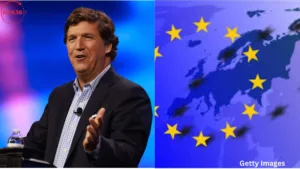
The EU’s intention to protect democratic principles and hold responsible those who attempt to subvert them is highlighted by the prospective sanctions against Carlson. Although freedom of speech is an essential entitlement, it is not absolute, especially when it is employed to increase the influence of authoritarian regimes and propagate their propaganda.
Moreover, the EU’s contemplation of imposing sanctions on Carlson conveys a distinct message to media organizations and individuals that they bear the duty to follow the norms of veracity, precision, and moral soundness in their journalism. If they do not fulfill this responsibility, they run the risk of experiencing repercussions for their acts that erode the trustworthiness of the media and facilitate the dissemination of false information.
It is noteworthy that Carlson has faced criticism in the past for his contentious interviews and commentaries. Previously, he faced censure for his empathetic depiction of autocratic rulers and his endorsement of conspiracy theories and dissemination of false information.
Regarding the possible penalties, Carlson has justified his interview with Putin as a chance to participate in significant discourse and foster comprehension between the United States and Russia. He has disregarded criticism of his interviewing technique as politically biased and contended that his duty as a journalist is to offer a forum for a wide range of viewpoints, even ones he may personally oppose.
In essence, the discussion around the possible sanctions against Tucker Carlson raises broader inquiries regarding the media’s function in a democratic society and the obligations associated with the right to freedom of expression. As the European Union considers its choices, it is evident that the repercussions of Carlson’s interview with Putin reach well beyond the boundaries of a solitary television airing, influencing perspectives on journalism, democracy, and international relations in an ever more interconnected global context.
Follow us on social media: Instagram, Threads & Twitter X @nya360_ YouTube & Facebook @nya360.

